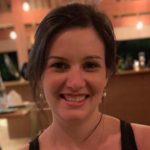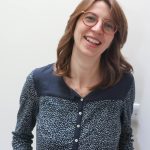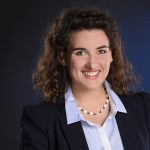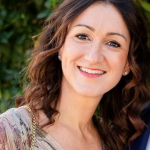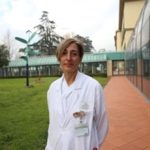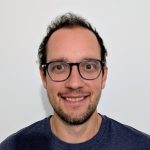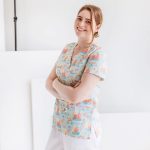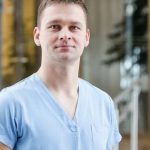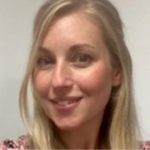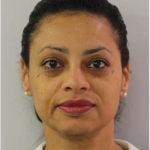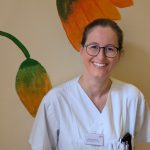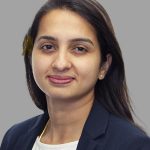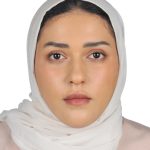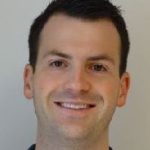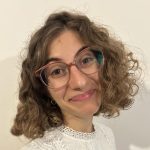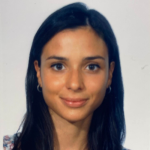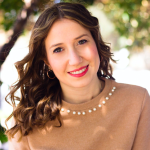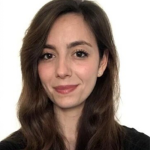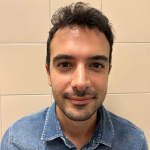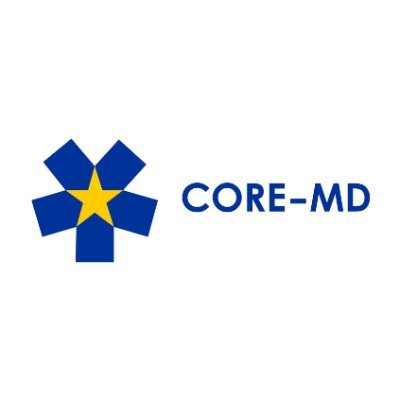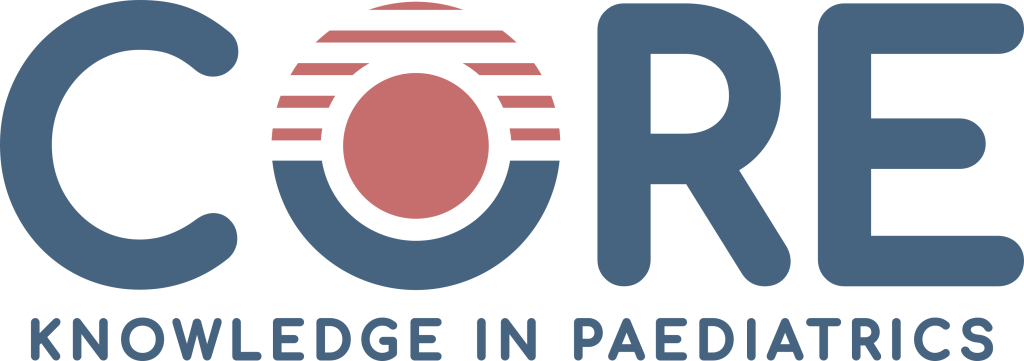
Explore the Annual Highlight in Paediatrics: the CKP Online Course!
Discover the EAP’s acclaimed Core Knowledge in Paediatrics, a 2-day online course that takes place over a weekend (Friday and Saturday) in the second half of October annually. This event, now in its fifth edition, delve into fundamental paediatric topics aligned with the European Paediatric Training curriculum.
The CKP 2024 virtual course, held on October 25–26, brought together 164 participants from 39 countries, with over 64% being paediatric trainees.
Registration for CKP 2025 is now OPEN! Join us as we continue to provide impactful, high-quality training for paediatric professionals worldwide.
Tailored for paediatric trainees preparing for assessments, the course was initially designed with the EBP-EAP Exam in mind. However, it proved to be an invaluable distance-learning opportunity for any paediatrician seeking to update and enhance their knowledge.
A case based interactive discussion with pools and a space for Q&A to keep you engaged at all time. The course covers key areas of the core paediatric curriculum and answers questions commonly encountered in day to day paediatric practice.
2 cases per session – 26 real life cases in total .
ABOUT THE COURSE
Web-Based Sessions
Sessions of 45 minutes will be chaired by senior clinicians from Europe and Paediatric European societies with expertise in the field. The course is recorded and the proceedings will be accessible for 3 months.
Practice Questions
Guidelines or practice papers will be presented in the clinical cases discussions. Sessions will be interactive with quiz, polls and space for Q&As.
24 - 25 October 2025
A 2-day online course on Friday 24 & Saturday 25 October 2025 covering core knowledge in paediatrics in line with the European Paediatric Training curriculum.
Online Networking
Network with attendees before, during and after the event . Search attendees by name, interest or use the event app’s built in recommendations to find like-minded people. Open a discussion or set up a video meeting on a special topic.
EBP Exam Live Q&A
The course will include sessions with Exam Officers (Rob Ross Russell and Peter Hoyer), exam question writers, and previous successful exam candidates and there will be opportunities to ask questions live.
Crucial, Core Training
Benefit from crucial core training skills for exam candidates and paediatric trainees and be a part of the movement of paediatricians who promote high standard of training across Europe and the world.
Case Based Discussion
Real life paediatric cases encountered in emergency department, outpatient clinics and primary care settings.
Stay Up To Date
Stay up to date with current evidence based paediatrics. Update of evidence base investigations and treatment for common paediatric presentations.
Smart learning. Sharp skills. Fresh topics.
From classroom to clinic—see how CKP bridges the gap.

Registration is LIVE!
Are you planning to sign up for the EBP-EAP Exam? You are eligible to receive a special coupon to sign up for CKP. Contact [email protected] if you need more information.

Meet Our Expert Chairs

Lina Jankauskaite
Emergency Medicine and PICU
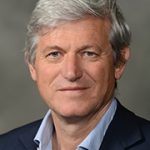
Fabio Midulla
Respiratory
Meet Our Speakers

Martina Perinelli
Neurodevelopmental

Suba Guruprasad
Infectious Disease
2025 Course Fees
EURO 120
EURO 170
EURO 180
EURO 100
Exclusive Group Discounts Available:
Register a group, make one combined registration, and get discounted rates for the Core Knowledge in Paediatrics Course.
> 10 people – 10%
> 20 people – 20%
30 people – 30%
For larger groups, please get in touch.
Contact us for your group booking:
[email protected]



